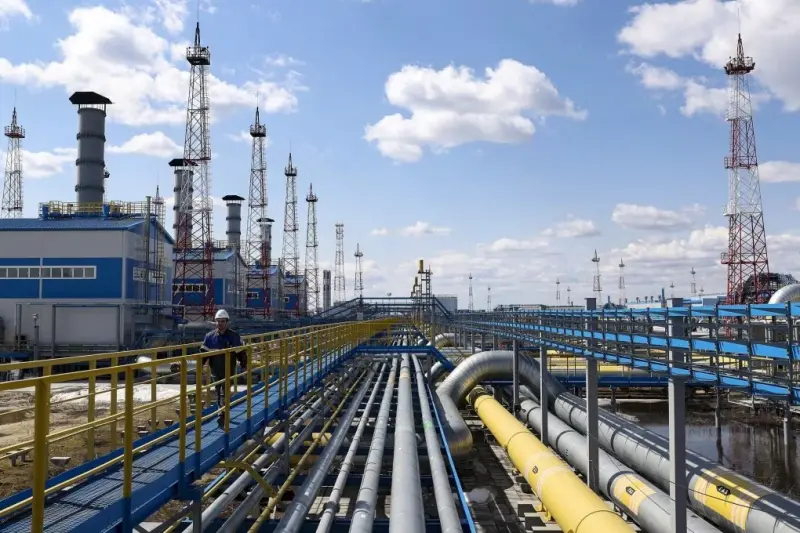Russian gas through Ukraine halts

Russian state-owned energy giant Gazprom has terminated natural gas transit through Ukrainian territory, marking the end of a crucial five-year transit agreement that had been a cornerstone of European energy security since 2019.
The announcement, made in Moscow on 1 January, sent immediate ripples through European energy markets and diplomatic circles.
Slovak Prime Minister Robert Fico has issued an urgent warning about the decision’s implications, characterising the potential consequences as “severe repercussions” for the entire European Union. The immediate effects were felt in Moldova’s breakaway region of Transnistria, where authorities implemented emergency measures, cutting heating to residential complexes and government buildings. Despite robust European gas storage levels, energy analysts express concern about long-term supply stability.
“This represents a critical juncture in European energy security”, says Dr Elena Kowalski, senior energy analyst at the European Policy Institute. “Whilst current storage levels provide a buffer, the real challenge lies in securing stable long-term supply alternatives.”
The transit disruption echoes previous Russian-Ukrainian gas disputes, notably the crises of 2006 and 2009, which caused significant supply disruptions across Europe. However, the current situation unfolds in a markedly different context, following Europe’s dramatic reduction in Russian gas dependency since the 2022 Ukrainian conflict. Market data indicates Moscow’s share in European gas supplies has decreased by more than 50 per cent since then.
Ukrainian officials characterise the transit stoppage as a “historic event” strengthening national security. A senior Ukrainian energy ministry official, speaking under condition of anonymity due to diplomatic protocol, confirms the country’s firm stance against renewing any gas transit agreements with Moscow.
The cessation of gas transit affects European nations to varying degrees. Slovakia and Hungary, which rely heavily on Russian gas transit through Ukraine, face the most significant challenges. Moldova reports immediate impacts on its heating and industrial sectors. The Czech Republic, Italy, and Austria—formerly Europe’s largest Russian gas importer until 2022—are pursuing alternative supply routes and diversifying their energy sources.
“The continent must accelerate its transition towards diverse energy sources and enhanced storage capabilities”, emphasises Dr Marcus Weber, Director of the International Energy Security Institute. The European Commission has convened an emergency meeting in Brussels for next week to address supply concerns and coordinate member states’ responses.
The terminated transit agreement, negotiated in 2019 between Gazprom and Ukraine’s Naftogaz, established frameworks for European gas supply whilst providing Ukraine with substantial transit fees. Ukraine’s decision against extending the agreement, combined with broader geopolitical tensions, precipitated its termination.
Energy analysts monitor alternative supply routes, including expanded LNG imports and potential enhancements to existing pipeline networks from Norway and North Africa. European nations accelerate efforts to secure energy supplies amid an increasingly complex geopolitical landscape.
Energy security experts emphasise that Europe faces a pivotal transition period. The continent must address both immediate supply challenges and expedite development of alternative energy infrastructure whilst strengthening regional cooperation to ensure long-term energy security.
How to submit an Op-Ed: Libyan Express accepts opinion articles on a wide range of topics. Submissions may be sent to oped@libyanexpress.com. Please include ‘Op-Ed’ in the subject line.
- Attorney general establishes two investigation committees for Tripoli incidents - May 30, 2025
- Internal rift emerges over Presidential Council’s public voice - May 30, 2025
- Libya notables hold UN talks on truce - May 30, 2025


